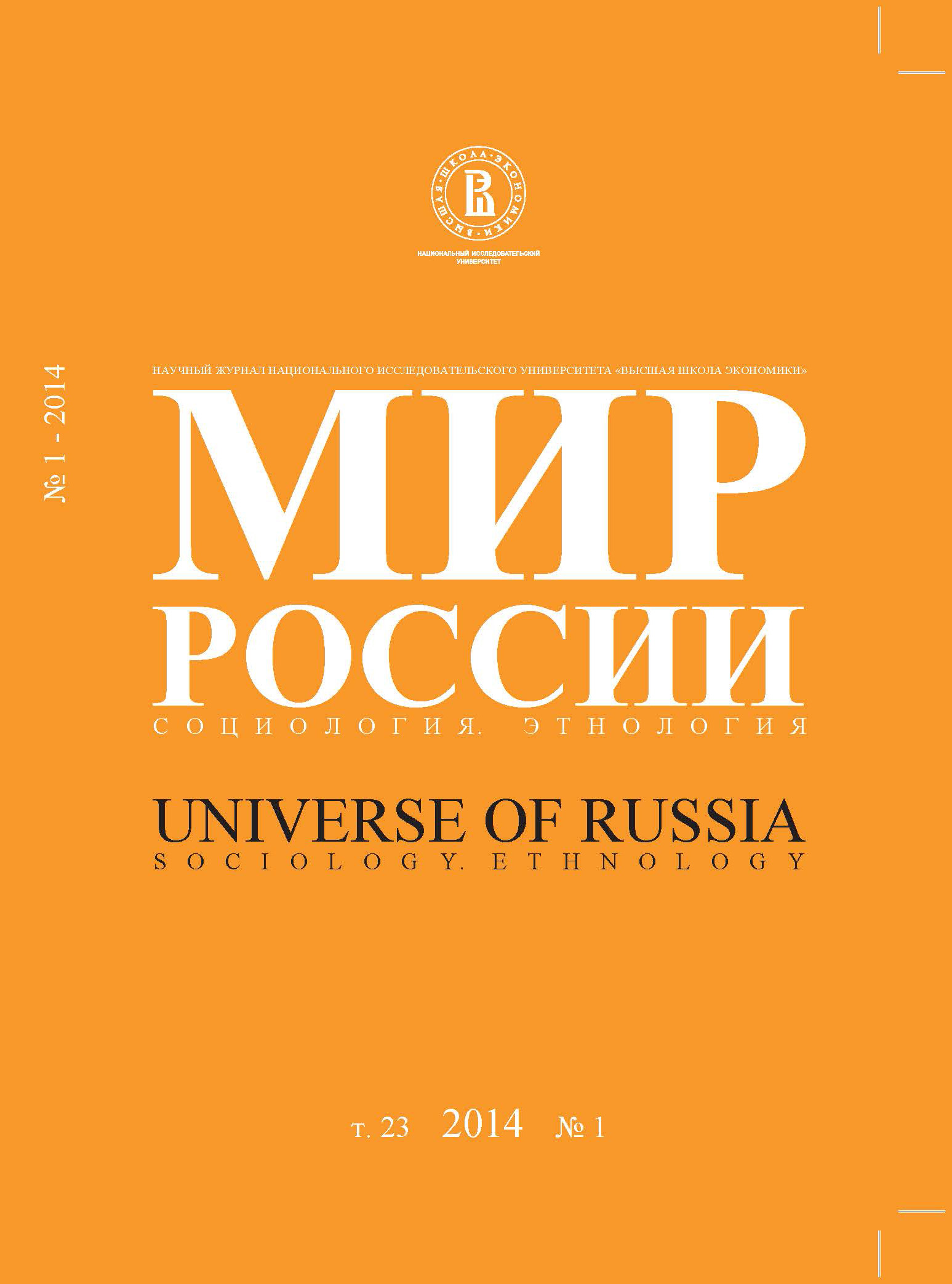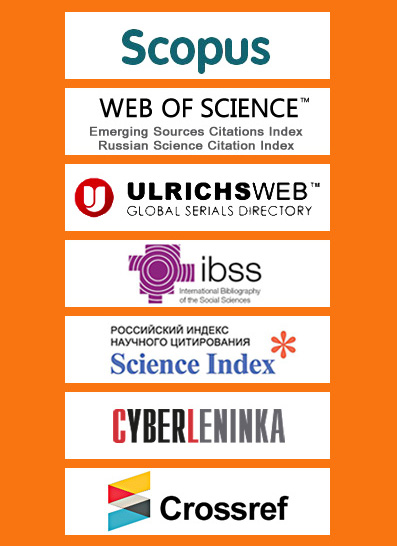Постимперские регионы: ассоциированная зависимость в развитии Восточной Европы
Аннотация
Куценко Ольга Дмитриевна — заведующая кафедрой социальных структур и социальных отношений факультета социологии Киевского национального университета им. Т. Шевченко. Адрес: Украина, 01601, г. Киев, ул. Владимирская, 64/13. E-mail: olga.kutsenko.ua28@gmail.com.
Горбачик Андрей Петрович — декан факультета социологии, заведующий кафедрой методологии и методов социологических исследований Киевского национального университета им. Т. Шевченко. Адрес: Украина, 01601, г. Киев, ул. Владимирская, 64/13. E-mail: deаn@sоc.unіv.kіev.ua.
Многие исследователи предпринимали попытки оживить «старые» концепты «империи», «имперской зависимости», которые с распадом современных империй, казалось, должны были остаться в прошлом. Особенный случай в применении этих концептов представляют постсоциалистические страны Восточной Европы. В данной статье презентуются результаты эмпирической проверки тезиса о культурном воспроизводстве имперской зависимости в рамках «постимперских пространств» в Восточной Европе, что может определять существенные различия постсоциалистических стран в современном развитии. Изучение проведено на эмпирических данных EVS-2008 по 22 странам, расположенных на европейских территориях бывших Османской, Российской, Австрийской и Германской империй. По результатам кластерного анализа в пространствах культурных параметров и макропараметров развития стран обосновываются выводы о значимости «имперской истории» в современном развитии постсоциалистических стран, о наличии «ценностно-поведенческой матрицы» как la longue duree структуры, которая определяет возможности и ограничения ассоциированного зависимого развития стран, их ценностные ориентации на социальный порядок, способы его легитимации, идентичность и социальную активность.






